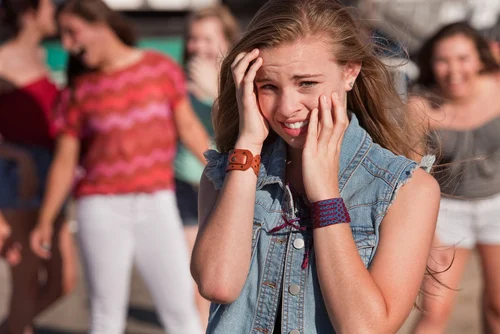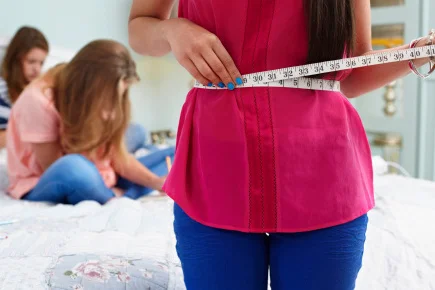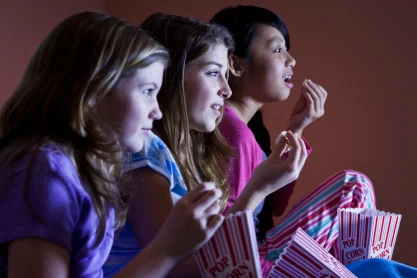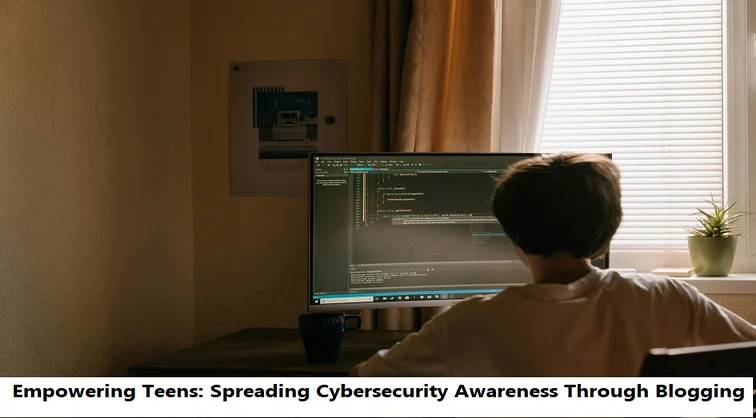+1 845 259 2974 (11 a.m to 7 p.m CST)
Parents can help their kids resist peer pressure
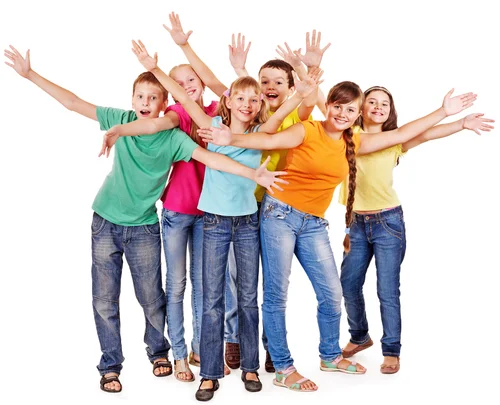
Parents commit themselves to an excruciatingly painful, but extremely important task of teaching manners and developing habits in their kids that would help them to become socially balanced adults in later lives. Although parents cover every aspect of life while inculcating good habits in their teens; sometimes they forget that believing in themselves and sharing their views are as important for personality growth as being polite to others. Encouraging your teens to openly express their viewpoint, even if you disagree will prepare them to resist negative peer pressure to use drugs and consume alcohol.
That is one of the findings of a longitudinal study by researchers at the University of Virginia, which was published in the journal, ‘Child Development’.
A group of 150 teens was selected from diverse backgrounds – racially, ethnically and socioeconomically. The study was conducted at three different periods of teenage years that is ages 13, 15 and 16. In an effort to gather sufficient information for their study, researchers focused on teens’ substance use, interactions with moms, social skills, and close friendships. To obtain unbiased information regarding teens’ habits, the researchers talked to their family members and peers, and observed their social interactions and behavior with them.
Researchers came to the conclusion that parents who hold family discussions and encourage their kids to participate in them and speak their own mind were better able to stand up to peer influences to use drugs or alcohol. They found out that teens who have the habit of making logical arguments with their parents on issues like grades, money, household rules, and friends are likely to be familiar with how resist peer pressure. By arguing well, researchers meant trying to persuade their parents with reasoned arguments, rather than with pressure, whining, or insults.
This makes teens self assured and develop strong sense of self esteem in them, which helps them to stay away from effects of negative peer pressure.
Source: Society for Research in Child Development




